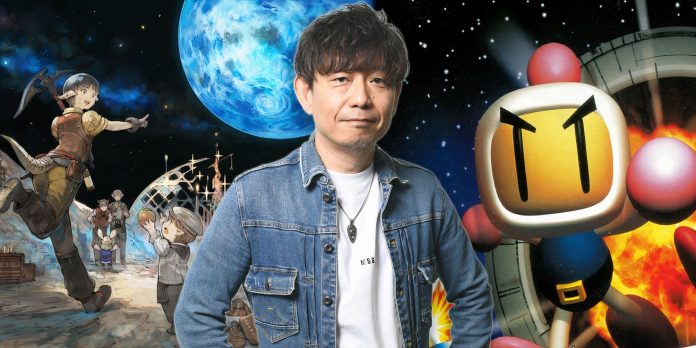
Sign in to your CBR account
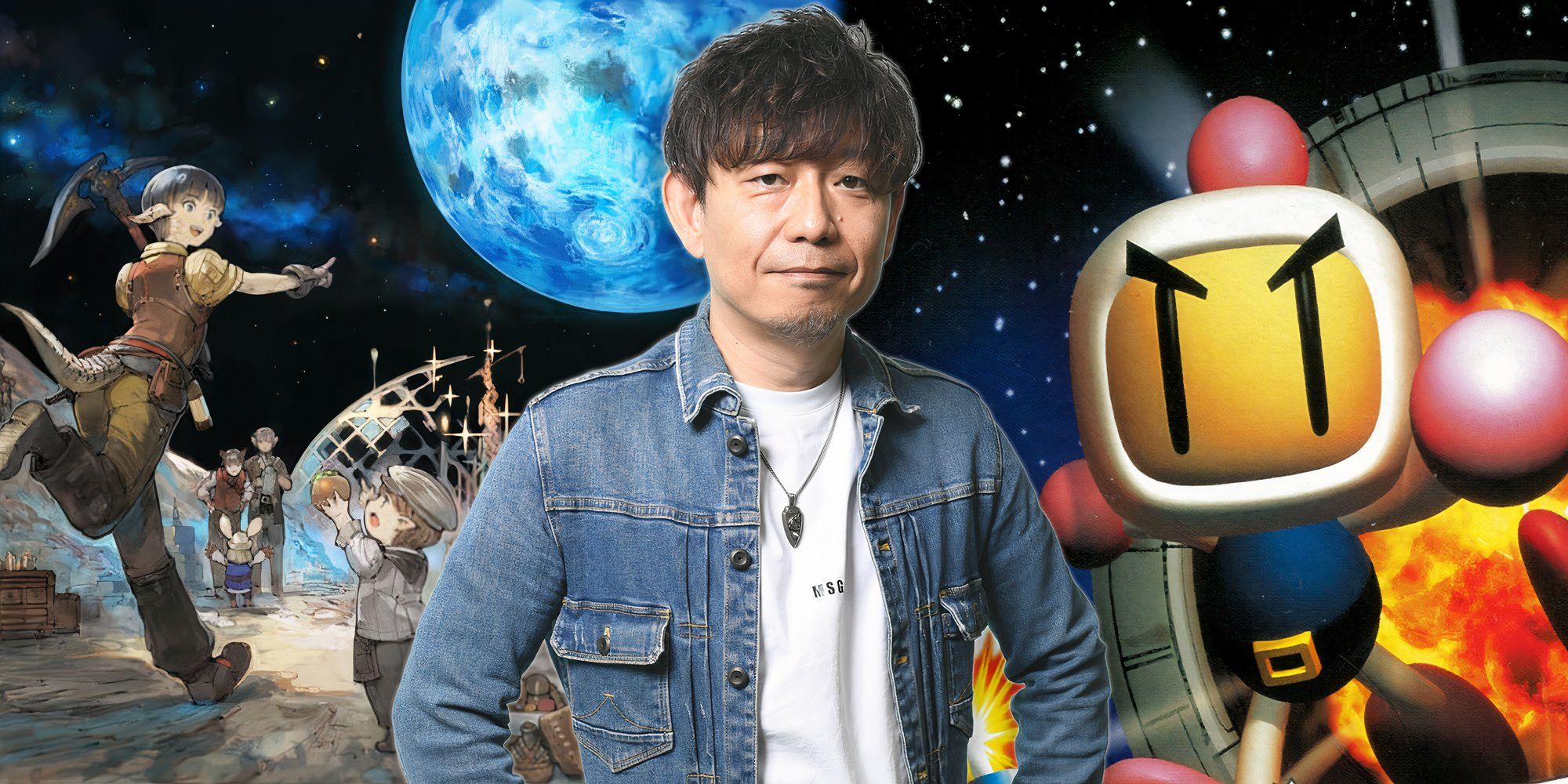
As the director and/or producer of multiple Final Fantasy, Dragon Quest, and Bomberman games, Naoki Yoshida has repeatedly proven himself to be one of the most influential video game creators in the world since bursting onto the scene in the 1990s. In particular, his revolutionary work on Final Fantasy XIV & XVI continues to entertain millions of fans around the world, which is a major reason why he was selected to be one of Anime Expo 2025’s Guests of Honor.
During the 2025 Anime Expo, CBR sat down with Yoshida to discuss topics like his early work as a writer, differences between Final Fantasy projects, and the rigors of appealing to younger generations of gamers. The Square Enix executive also took the time to highlight his fondness for other forms of media, even alluding to his thoughts on one of the most enduring mysteries in Eiichiro Oda’s One Piece.
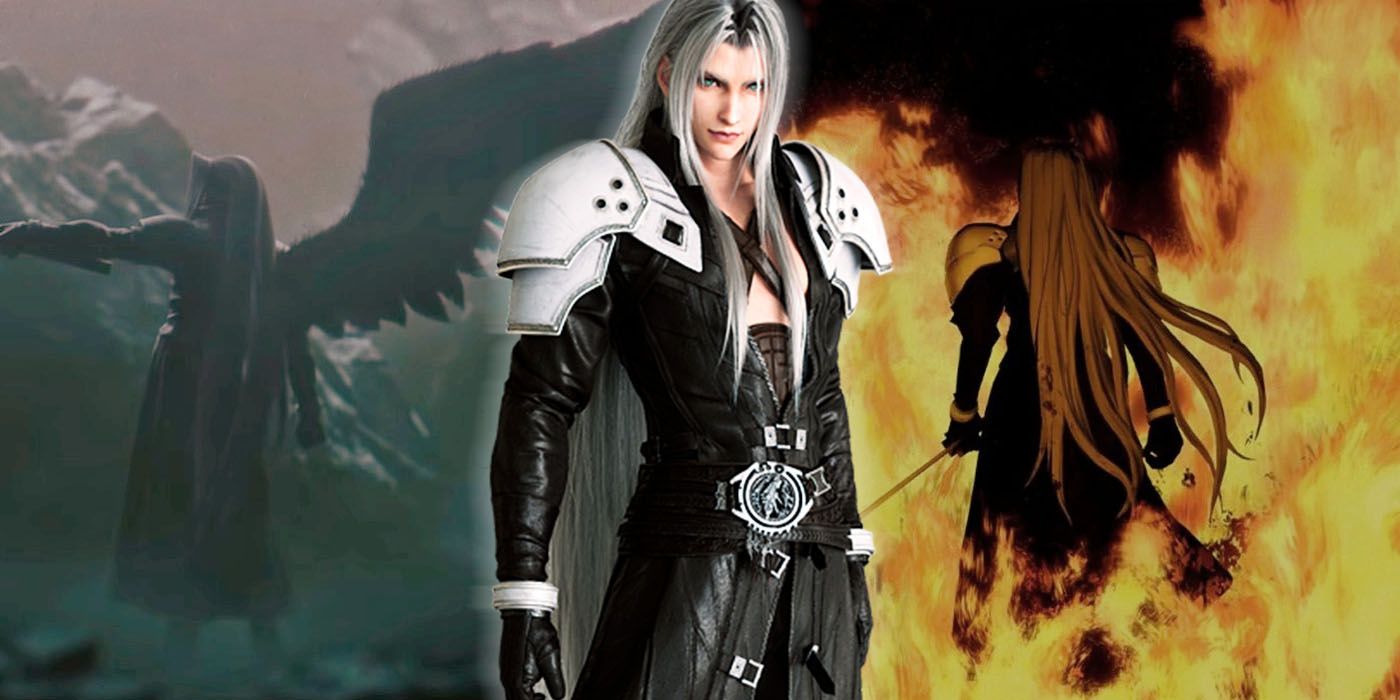
Related
Every Main Final Fantasy Villain, Ranked
The Final Fantasy series is home to some of the greatest villains in video game history, as well as a few duds that sit at the back of the pack.
[CBR]: One of the things that I really enjoyed during your panel at the Anime Expo today was learning more about your journey as a creative. Toward the beginning of your presentation, you talked about working on the dialogue for Far East of Eden and the story for Bomberman 64: The Second Attack! early in your career. Were there specific anime, manga, or films that you drew inspiration from for your approach to these two projects?
[Naoki Yoshida]: So, first and foremost, the Far East of Eden that was released on the PS2 ended up being completely different from the project that I worked on. The main scenario [for Far East of Eden III: Namida‘s story] had already been written, and it was about 80% complete at that time. When I joined the team, I was part of the junior staff, so while I did aspire to be a text writer and create a story, I was instead given a stack of papers and told, “Here’s the scenario. I need you to read through all of it by tomorrow.”
Upon receiving that stack of text, I was tasked to find out: What do I think is the theme of Far East of Eden? What are my thoughts on the story? What do I think should be expressed through the story, and what do I feel is missing or lacking? Once I submitted all my tasks, my supervisor said, “Oh, that looks good. I’m going to have you write [the dialogue] for the different townspeople that the player encounters.” So I think, rather than creating one general story, it was more about how I convey information to the player within a particular area.
He told me, “Yoshida, I know you can write well, but because you write well, you seem to write a little too much.”
With Far East of Eden, it was an RPG where you would move through particular areas, so I would need the townspeople to provide not only information that guides the player through the game, but also to share the story and lore of that particular area. So, rather than it being an overarching story, I looked at it like: What do I need to convey to the player, and how can I make it fun for the player to receive that information? Once I had the text written up, I had executive director Oji Hiroi look at the text, and he gave a lot of pointers.
What he told me was, “Yoshida, I know you can write well, but because you can write well, you seem to write a little too much. You are looking at an NPC who doesn’t even have a name, and you always want to put two things into their lines: (1) an introduction of who that NPC is, and (2) the actual directions of different locations on the map. I want you to pick one.” So I learned that you don’t want a single character explaining everything — you want the player to kind of explore around the village to make sure that they get information from the various NPCs that are there. If you write too much, players just get tired of reading it.

That was most of my experience on [Far East of Eden III: Namida’s Story]; as for Bomberman 64: The Second Attack!, it was actually another project that I joined halfway through. I don’t know the best way to express it, but there was a lot of turnaround on the game — there were three directors prior to me. This was when we were transitioning from 2D to 3D games, and a lot of directors who came before me were very well-versed in the 2D aspect, only to not be very good at designing games that involved 3D. Because of this change, I felt that it was a big opportunity.
I incorporated a lot of sci-fi elements and, in a sense, religion into Bomberman 64: The Second Attack!
The reason why I joined Bomberman 64: The Second Attack! was because there were some really skilled engineers that I knew but had never really worked with, and they reached out to [Hudson Soft] to ask, “Can we let Yoshida have a chance at this project?” I was really happy that they told the developers and that they were looking at the potential I had, so I gladly accepted. However, when I joined the team, I realized that the scenario had not been written at all.
Of course, the gameplay for Bomberman 64: The Second Attack! was already in a good state when I joined, but I felt like the story was not as bolstered. Bomberman is supposed to be a hero fighting this giant enemy, so I wanted to flesh that hero out. That’s what I imagined as the theme of the game while working on the story, and while I was writing, I thought to dial up the comedic elements to about 40%. I also feel like I incorporated a lot of sci-fi elements and, in a sense, religion. Come to think of it, those are themes that I still incorporate now.
That leads me to a follow-up I also thought about during your presentation: Have you found that your relationship to media, science-fiction or otherwise, has changed as you’ve progressed through your career as a game developer?
It’s not too different; I mean, I wouldn’t say it’s zero, of course. If I were to point out one major area of change, I feel like I’ve gotten a lot more cognizant about how I sell my creations to more people so that more fans can come in contact with whatever I make.
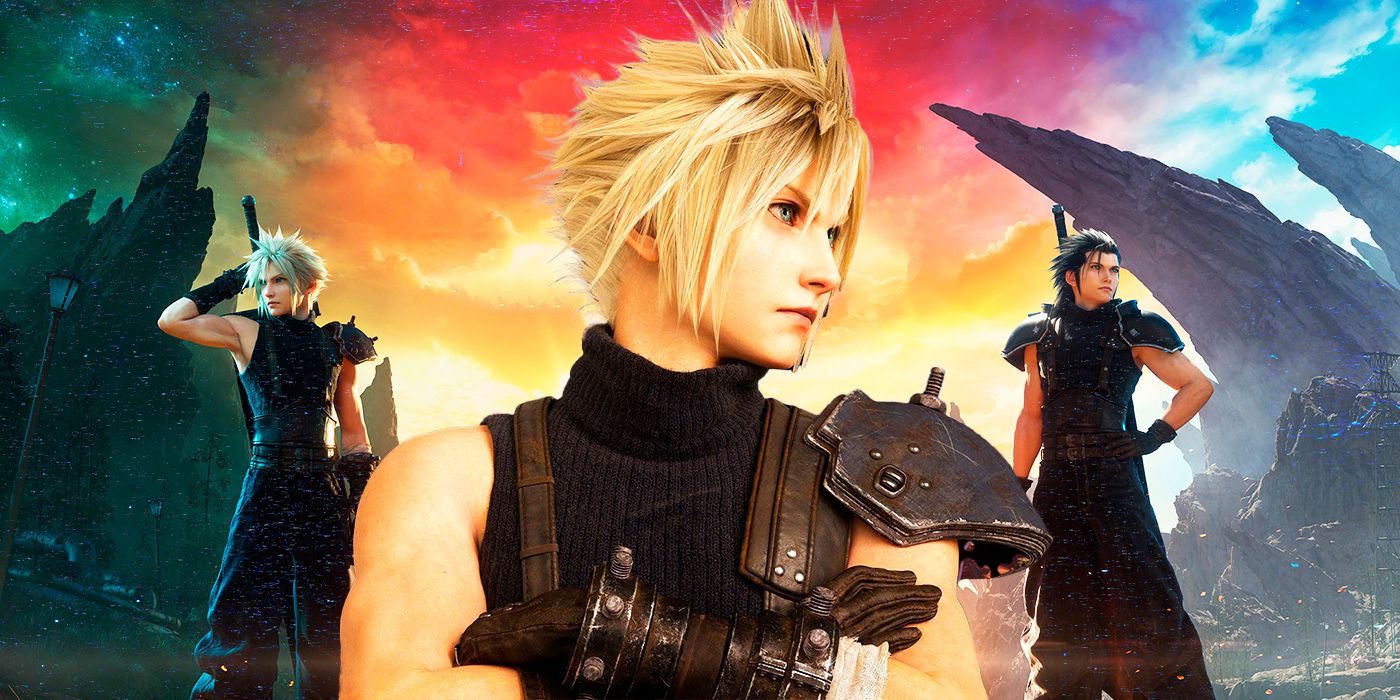
Related
10 Darkest Final Fantasy Theories of All Time, Ranked
The Final Fantasy games can be pretty dark, but few story beats can match the grim nature of some of the fan theories shared over the years.
That said, I’ve always loved to break apart stories, especially since I’m a fan of hardcore mysteries. I would think about things like: Where are certain things foreshadowed? Where are the twists and tricks within the story? And before I get to the conclusion of whatever mystery it is, I wonder how it’s going to pan out? That’s been a habit of mine since I was a kid that I don’t think has changed very much.
Although your relationship to media might not have changed much, the demographics of who you’re selling your games to, as well as their own relationship to media, certainly have. Considering a game like Final Fantasy XIV is approaching its 12th anniversary, how do you stay in tune with younger generations of gamers, and what do you find is different about them from a developer’s standpoint?
That’s definitely a challenge. I feel like the amount of time for us that’s available to use is a lot shorter. I see people watching YouTube at 2x, 3x speed; we have apps that summarize a whole novel in 10 minutes. I look at this as the modern day, but on the flip side, we also have 50-year-olds who still take their time when they consume content. It’s not a matter of good or bad, but there is a difference between those generations.
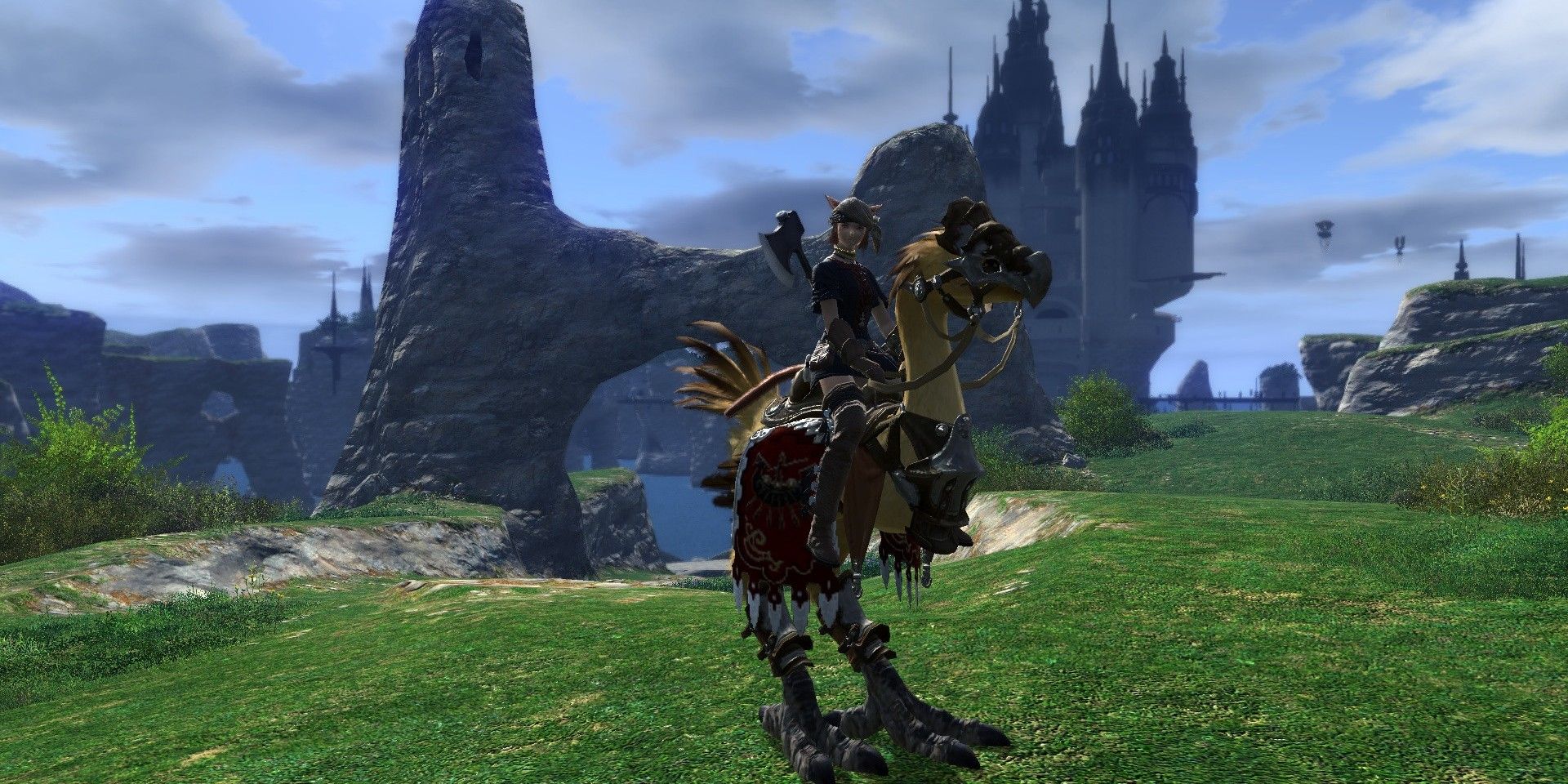
I understand that there’s no way we can completely satisfy each side, so what do we do to appeal to them both? For Final Fantasy XIV, I think we’ve taken a multi-pronged approach where we create some content that is a bit more bite-sized and allows players to go back in and grind to get their reward. Perhaps that leans more toward younger generations who want that kind of content, whereas we also have the main story, which allows you to take your time, read the dialogue and listen to the voice acting.
Because [Final Fantasy] has such a rich history, I think our next biggest challenge was to summarize the 14 stories so far. Change is always needed, but I think if we change directions too quickly, people might not be able to take it. We just try to stay mindful of providing different types of content, inputting a lot of technology, absorbing new information, and having discussions with our staff members to make sure that we’re covering all our bases.
Compared to Final Fantasy XIV — an MMO that has presented a narrative over 10-plus years — Final Fantasy XVI and its single-player experience take a much different approach to storytelling. How different is the process behind creating their narratives?
For sure, there is quite a difference between the two. With [Final Fantasy XIV], we make sure that we’re not too rigid. I’ve told my staff members time and time again, I don’t want you to decide every little detail as we go along. It’s very important to be mindful that we are in this live environment, and with a story that’s running so long, we don’t want everything set in stone. Even in real life, we see that the situation in the world changes; for instance, we never expected the COVID-19 pandemic that happened in 2020. If we determine too many things ahead of time, it instead becomes a restriction.
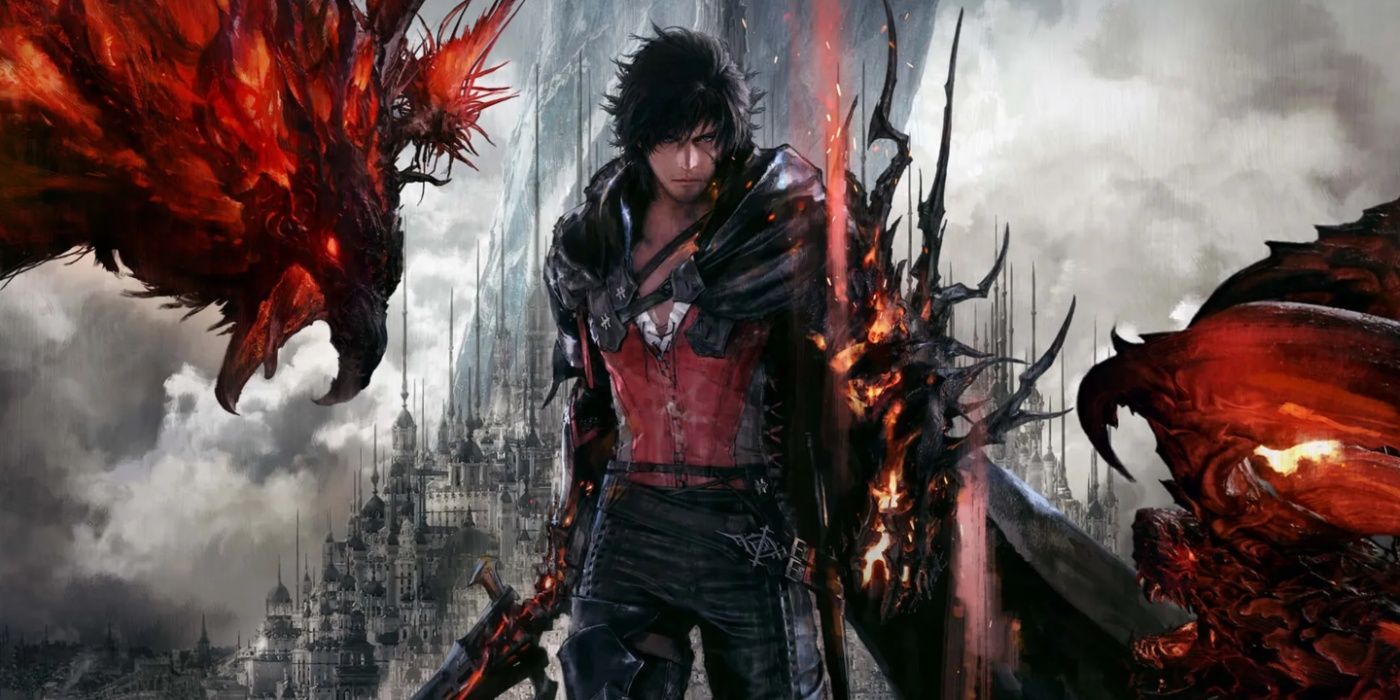
Another disadvantage of having everything set in stone is that whenever we have new staff members join our team or someone promoted from a junior to a lead position, they have a more direct impact on what they think should be in the game. They have so many ideas about what to do with the story, so if everything is already determined, then we’d have to tell them, “No, you can’t do this because it’s going to go against our plan.” With the type of long-running story that we’re writing, we want our writers and our creators to continuously enjoy what they’re doing. This room to improvise is a very important part of that.
And on the flipside, for a standalone game like Final Fantasy XVI, we have to convey everything that we want in the story through that one game, so we don’t want to leave anything vague. We’re making a game with a few hundred employees, and if there are certain elements that are undecided, that confuses our staff. Of course, sometimes there were situations where we had to revise something, or perhaps the nuance of a moment was hard to understand, and we had to shift in a good way to make the dialogue a bit easier to digest.
We want to honor the player’s interpretation and how they feel they experienced the story.
That said, of course, we have all this [Final Fantasy] world-building established, but we don’t want to just present it all and force the player to read or understand it in a certain way. We want to honor the player’s interpretation and how they feel they experienced the story, which is why we try to avoid cases where we feel like we’re shoving the story down their throats. It all kind of comes back full circle to what I was told by Oji Hori about how we don’t want to explain everything to our players.
Since you mentioned during your panel at Anime Expo that you’re a fan of both mysteries and One Piece, I’ll leave you with one prediction: Buggy the Clown is going to become the next King of the Pirates.
[Laughs] I agree; I think he’s too appropriate for it to be anyone else.
